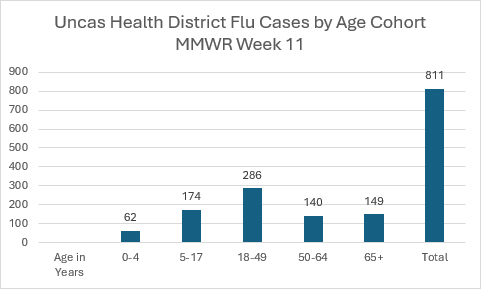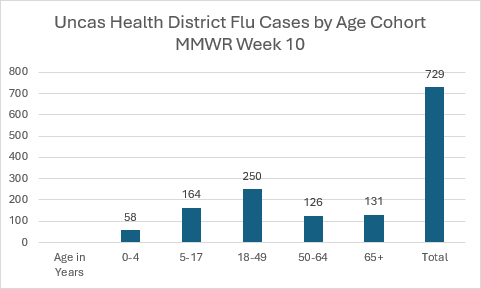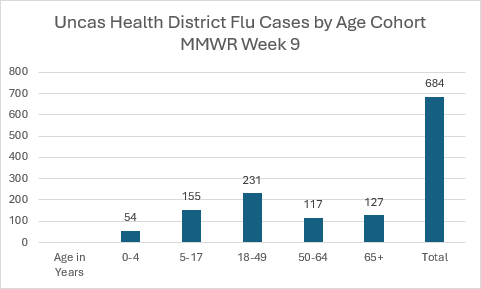As we celebrate the 29th annual National Public Health Week from April 1-7, 2024, it’s a time for both celebration and reflection. Over the past three decades, some really remarkable public health campaigns have emerged, leaving an indelible mark on society by fostering safer, stronger, and healthier communities. Let’s take a moment to acknowledge and applaud five of these transformative initiatives:
1. Safe to Sleep®
Safe to Sleep® (formerly Back to Sleep) encourages parents and caregivers to place babies to sleep on their backs to reduce the risk of sudden infant death syndrome (SIDS). The national campaign began in 1994, and shared critical information about infant sleep through PSAs on 6,700 radio stations and 1,000 TV stations, and collaborated with 250,000+ childcare centers nationwide. In 2020, there were about 1,400 deaths due to SIDS in the U.S.*
Learn more about safe sleep for babies
*Source: Data and Statistics for SIDS and SUID | CDC
2. The Heart Truth®
In 2002, The National Heart, Lung, and Blood Institute (NHLBI) created The Heart Truth® campaign, designed to raise awareness about heart disease as the leading cause of death in women. The campaign originally focused on women aged 40‒60, with an emphasis on reaching women of color, and has now expanded awareness efforts to educate younger women on the benefits of a heart-healthy lifestyle. In 2003, the campaign introduced the Red Dress® as the national symbol for women and heart disease, and the campaign holds special events throughout American Heart Month each February to help raise awareness. Studies show women’s heart disease awareness has doubled since 2002, but it remains the leading cause of death for women in the United States.*
Learn more about ways to protect your heart health.
*Source: About The Heart Truth®
3. It Can Wait
In 2010, AT&T® launched the It Can Wait® campaign to help stop distracted driving. The campaign urged people to pledge not to drive distracted, with 40M+ pledges to date. It Can Wait® partnered with schools to promote the pledge among young people and released a video series featuring people directly impacted by distracted driving. In 2019, 424,000 people were injured in crashes involving a distracted driver in the United States, and distracted driving causes nearly 3,000 deaths in the United States each year.*
Learn more about recognizing and preventing distracted driving
*Source: Distracted Driving | Transportation Safety | Injury Center | CDC
4. Hear Her®
In 2020, the CDC launched the Hear Her® campaign to raise awareness of warning signs for pregnancy-related complications and encourage better communication between pregnant people and their healthcare providers. The campaign has developed informational posters and handouts in nearly 20 languages and features videos of women sharing their personal pregnancy stories and how they got help. Hear Her® encourages everyone to listen to pregnant women when they say something doesn’t feel right because acting quickly can save a life. More than 80% of pregnancy-related deaths in the United States can be prevented¹ yet over 700 women still die each year as a result of pregnancy complications².
Learn more about signs of pregnancy-related complications.
(1) Source: About the Campaign (2) Source: PubMed (nih.gov)
5. The truth®
The truth® campaign began in 2000 by the Truth Initiative (formerly the American Legacy Foundation) and aims to decrease youth smoking. With messaging and marketing rooted in youth culture, the campaign uses provocative videos, digital media, unique merchandise, and “truth trucks” at sports and music venues to share educational information about the harms of smoking. Since its launch, the campaign has contributed to multiple research reports, funded prevention and quitting projects for underserved populations, and expanded its focus to include vaping prevention. Currently, nearly 3 million youth use a tobacco product of any kind.*
Learn more about reducing smoking and vaping
*Source: Annual National Youth Tobacco Survey | FDA


















